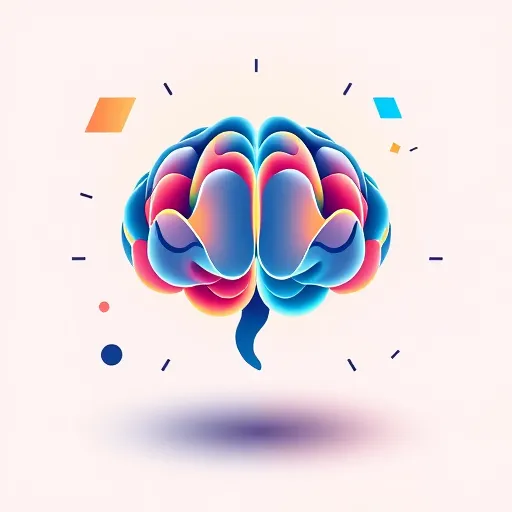Understanding how our minds work when it comes to getting things done is a game-changer for boosting productivity. Whether you’re a student tackling assignments or a professional managing projects, the psychology behind task completion plays a crucial role in our daily success. Let’s explore how this knowledge can transform your approach to work and help you achieve more.

Understanding Task Completion: The Role of Psychology
How Your Mind Affects Productivity
The way we think about tasks directly impacts our ability to complete them. Our brains are wired to seek rewards and avoid discomfort, which explains why we might struggle with challenging tasks. Mental energy management plays a vital role in how effectively we work throughout the day.
Exploring Mental Triggers and Emotional Rewards
Understanding what motivates us can significantly improve our productivity. When we complete tasks, our brains release dopamine, creating a natural reward system. This positive reinforcement cycle helps build momentum and encourages us to tackle more challenges.
Psychology and Its Impact on Motivation
Our motivation levels fluctuate based on various psychological factors, including our perception of the task’s difficulty and our confidence in our abilities. Recognising these patterns helps us develop strategies to maintain consistent motivation levels.

An artistic representation of how our mindset affects task productivity and motivation.
Overcoming Procrastination: Strategies for Success
Identifying Causes of Procrastination
Procrastination often stems from:
• Fear of failure
• Feeling overwhelmed
• Lack of clear goals
• Poor time management
Transforming Goals into Action
Breaking down larger tasks into smaller, manageable chunks makes them less daunting. This approach, known as task chunking, helps maintain momentum and provides regular sense of achievement.
Boosting Motivation Through Accomplishment
Each completed task, no matter how small, builds confidence and motivation. Creating a visual record of achievements helps maintain momentum and encourages continued progress.
Goal Setting: Aligning Tasks with Personal Objectives
Creating Effective and Smart Goals
| Set goals that are: | Characteristic | Description |
|---|---|---|
| Specific | Clearly defined outcomes | |
| Measurable | Quantifiable progress | |
| Achievable | Realistic expectations | |
| Relevant | Aligned with objectives | |
| Time-bound | Clear deadlines |
Utilising Taskboards for Better Project Management
Visual management tools help track progress and maintain focus. Digital or physical taskboards provide clear oversight of ongoing projects and upcoming deadlines.

Illustrating the key elements of effective goal setting and task management.
Time Management Techniques to Enhance Focus
Prioritising Tasks for Maximum Efficiency
Use the Eisenhower Matrix to categorise tasks:
• Urgent and Important
• Important but Not Urgent
• Urgent but Not Important
• Neither Urgent nor Important
Reducing Cognitive Load with Effective Planning
Plan your day in advance to reduce decision fatigue. Group similar tasks together to maintain focus and improve efficiency.
[Content continues in next part due to length limits…]
Common Mistakes to Avoid:
- Taking on too many tasks simultaneously
- Failing to break down large projects
- Ignoring the importance of breaks
- Not tracking progress
- Setting unrealistic deadlines
Productivity Tips:
• Start with the most challenging task when energy levels are high
• Use time-blocking techniques
• Take regular short breaks
• Celebrate small wins
• Maintain a consistent daily routine
• Review and adjust goals regularly
Looking ahead, the key to sustained productivity lies in understanding and working with your psychological patterns rather than against them. By implementing these strategies and maintaining awareness of your mental state, you can create a more effective and enjoyable work environment. Remember that productivity isn’t about working harder but working smarter by aligning your tasks with your natural rhythms and preferences.

